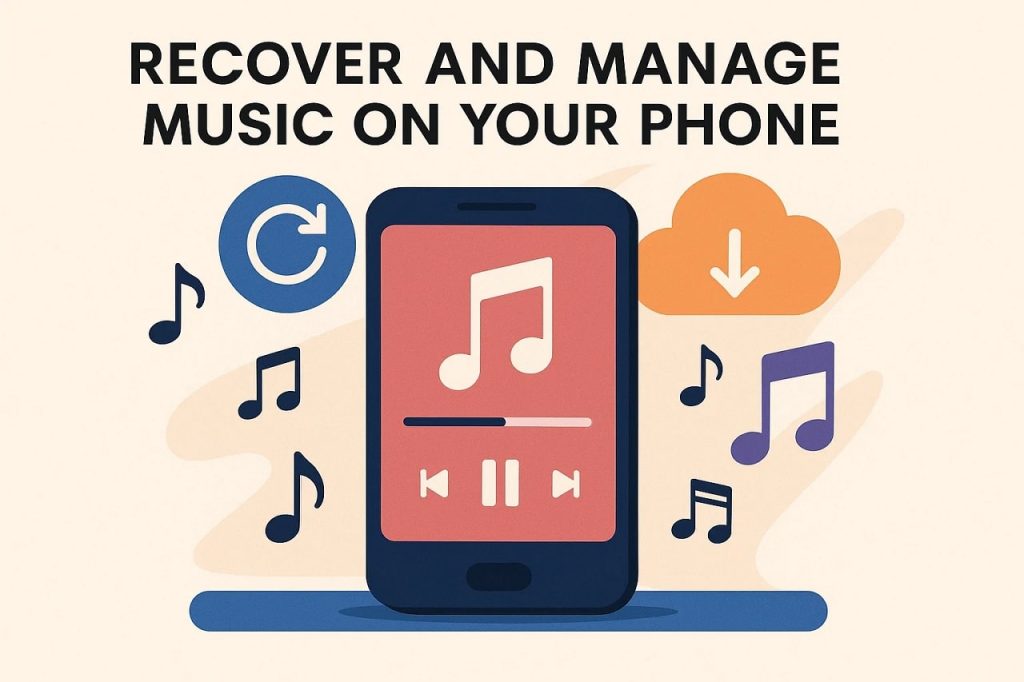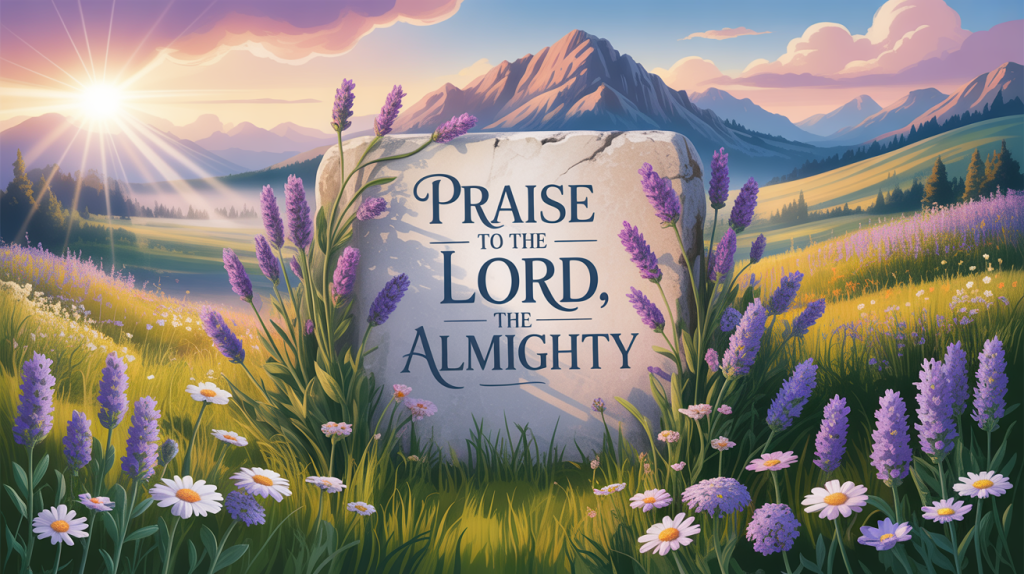Music is more than just sound—it’s an emotion, a culture, a language of its own. For many students and music enthusiasts, expressing this connection on paper can feel challenging. How do you translate the energy of a beat, the depth of lyrics, or the atmosphere of a concert into words? Crafting essays that truly capture your unique music experience requires skill, passion, and sometimes a little guidance.
In this blog, we’ll explore how to write essays that not only reflect your personal music journey but also engage your readers, making them feel every vibe and verse. Plus, we’ll touch on how professional services, including persuasive essay writing service providers and platforms like MyAssignmenthelp, can help you elevate your writing without losing your authentic voice.
Understanding Your Music Language
Before you start writing, it’s important to understand that music speaks a different language to everyone. Whether you’re into jazz, hip-hop, classical, or indie rock, the way you connect with music shapes how you express it. Your essay should reflect your personal interpretation and emotional response to the music.
Think of your essay as a conversation with your reader, where you invite them into your world. Use vivid descriptions, relatable metaphors, and clear examples. Instead of just saying “I like this song,” explain why it moves you—maybe it reminds you of a special memory, or its lyrics express something you’ve struggled to say.
Structuring Your Music Essay
Like any good essay, a music essay needs a clear structure:
- Introduction: Hook your reader with an interesting fact, a personal story, or a question. State your main idea or thesis clearly—what is your essay really about?
- Body Paragraphs: Develop your thesis with supporting points. Discuss the artist, the genre, the song’s impact, or your personal experience. Use evidence like lyrics, interviews, or concert reviews to back up your claims.
- Conclusion: Summarize your key points and leave the reader with a lasting impression. Perhaps invite them to listen to the music you discussed or reflect on their own musical experiences.
A well-structured essay helps your ideas flow naturally and keeps readers engaged from start to finish.
Finding Your Unique Voice
One of the hardest parts of writing about music is maintaining authenticity. Your essay should sound like you—not like a textbook or a critic. Don’t be afraid to use casual language, humor, or personal anecdotes if they fit the tone and topic.
Reading other music essays, reviews, and blogs can help you find inspiration. Notice how writers use language to convey mood and emotion. Practice writing freely without worrying about perfection; you can always revise later.
The Power of Persuasion in Music Essays
If your goal is to convince your reader about something—whether it’s the greatness of an underrated artist or why a particular genre deserves respect—you’re writing a persuasive essay. This style requires a strong thesis and carefully crafted arguments.
For many students, persuasive essays can be tricky. That’s why some seek professional guidance to help organize ideas and strengthen arguments without sacrificing their own voice. Such support shows how to present points logically, use credible evidence, and craft compelling conclusions.
Using Resources Wisely: When to Seek Guidance
Writing essays, especially those requiring critical thinking and personal reflection, can feel overwhelming amid a busy schedule. There are platforms designed to assist students in managing their workload by providing writing support that maintains academic integrity.
These services offer guidance on structuring essays, enhancing language clarity, and developing strong arguments—all while keeping your unique perspective at the forefront. Using such resources responsibly encourages learning from the process and applying those skills to future writing tasks.
Tips for Crafting Memorable Music Essays
- Be Specific: Use precise examples like particular lyrics, musical techniques, or performances rather than vague descriptions.
- Connect Emotionally: Share how the music makes you feel. Emotional connection draws readers in.
- Use Quotes and References: Support your points with quotes from artists, critics, or scholarly sources.
- Edit and Revise: First drafts are rarely perfect. Read your essay aloud, get feedback, and polish your writing.
- Avoid Clichés: Phrases like “music speaks to my soul” are overused. Find fresh ways to express your thoughts.
Why Music Essays Matter
Writing essays about music isn’t just an academic exercise—it’s a way to deepen your understanding and appreciation of the art form. It encourages critical listening, cultural awareness, and personal reflection. For students pursuing music studies or related fields, mastering essay writing is essential for communicating ideas clearly and professionally.
Moreover, essays that express your music language can connect you with others who share your passion. They’re a bridge between your inner experience and the wider world.
Final Thoughts
Turning vibes into verses is an art itself. Crafting essays that speak your music language takes practice, patience, and sometimes a little outside help. Whether you’re writing for class, a blog, or personal growth, remember that your unique voice matters most.
If you ever find the process daunting, don’t hesitate to seek guidance or support from trusted academic resources. Getting help with organizing your ideas and refining your writing can make a big difference, ensuring your final essay truly reflects your unique perspective and voice.
So, plug in your favorite track, open your laptop, and start turning those beats and melodies into words that resonate.





















